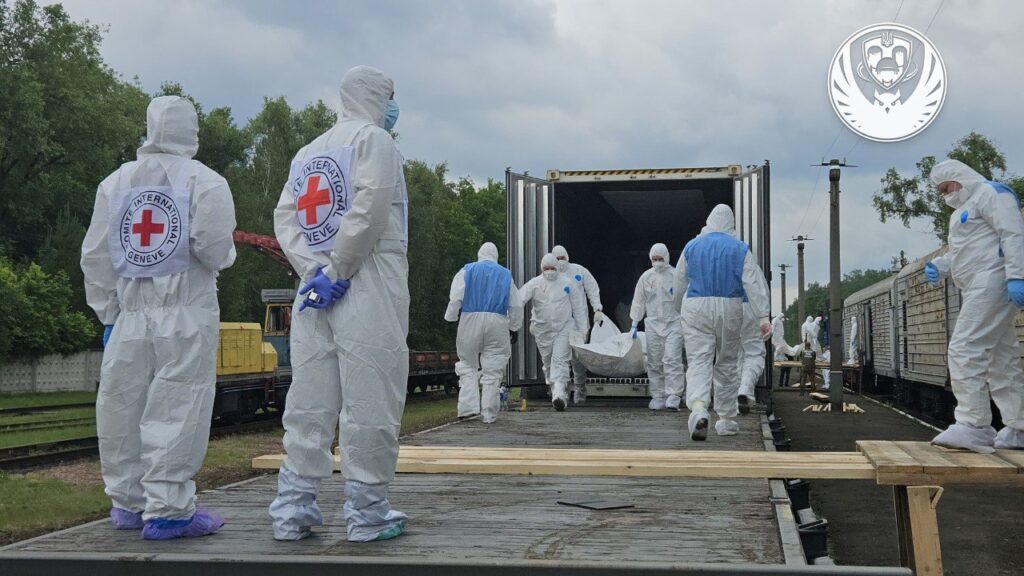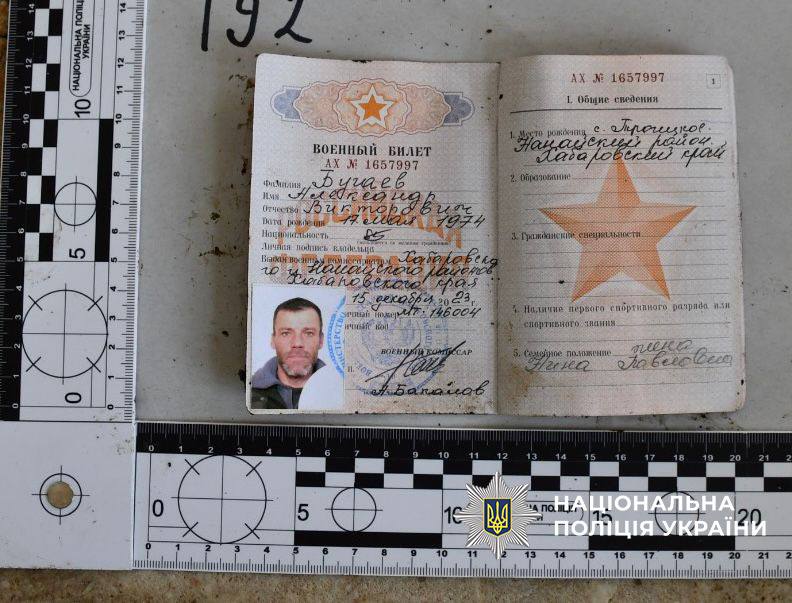Russia reportedly hides its own war dead in Ukraine’s body swaps

Russia slips the bodies of its dead soldiers into Ukraine’s swap convoys. Kyiv has received over 6,060 bodies from Moscow under the Istanbul agreements on the exchange of war dead, but many of them are not Ukrainian. Instead, Moscow is mixing in the remains of its own fallen troops, says Artur Dobroserdov, Ukraine’s Commissioner for Missing Persons, ArmyInform reports.
Russian soldiers are sometimes delivered in full uniform, alongside military ID tags, documents, and gear, making it clear, even to the naked eye, that they are not Ukrainian. Yet the identification process must be completed for every body returned.
Interior Minister Ihor Klymenko has called the practice a stark reminder of how little human life means to the Russian state.
“Or maybe it’s just a way to avoid paying death benefits,” Klymenko claims.
The bodies are often severely mutilated, complicating identification. The process typically lasts for 13–14 months or more. If a body is visually intact, Ukraine sometimes accesses databases to identify Russian soldiers and return them to Moscow.
One particularly egregious example was Body No. 192/25, which arrived in Russian military fatigues and carried a full set of Russian documents, including a military ID, internal passport, soldier’s service ticket, and a tag marked: VS ROSSII MT-146004.

Ukrainian officials later confirmed the remains were those of Aleksandr Viktorovych Bugayev, a soldier from the 1st Battalion of Russia’s 39th Separate Guards Motor Rifle Brigade. He had gone missing near Novomykhailivka, Donetsk Oblast, in late March. His family had been searching for him for months.
Ukraine returns the bodies of Russian soldiers back to Russia.